Business Tort Series: Fraud
Business Tort Series: Fraud
Fraud is simply defined as a deliberate deception for an unlawful gain. Although it is frequently used in many contexts to describe various flavors of nefarious behavior involving an act of concealment, in Virginia there are six elements of fraud which have to be proven for a plaintiff to prosecute a case:
(i) a false representation;
(ii) of a material fact;
(iii) made intentionally and knowingly by the defendant or defendant’s agent;
(iv) with intent to mislead;
(v) upon which the plaintiff reasonably relied;
(vi) resulting in damage to the plaintiff.
See Thompson v. Bacon, 245 Va. 107, 111 (1993).
Basically, a fraud occurs when someone intentionally lies to you about a fact that matters, hoping that you will rely on that lie and they will gain an advantage.
Opinions are Not Fraud
While most of us can recognize a false statement (although many of us aren’t necessarily aware it was false when it was made!), fraud in Virginia requires that the false statement be of a material fact. For example, if a contractor told you that the deck they would build on your house would be fantastic, that would be a statement of opinion. However, if that contractor told you the deck would be made of TREX, that would be a statement of material fact. The first is likely not actionable as fraud, but the second could be.
Intention to Mislead
Another essential component to proving a fraud case is that the false statement must be made with a present intention to mislead. Demonstrating intention could be done by an oral statement, email, letter, etc. For example, you arrive home to find your new deck was installed with wood that closely resembles TREX but was not TREX. You then find out from the supplier of the wood that the contractor initially placed an order for TREX but changed the order to wood after that conversation with you confirming the material would be TREX. This circumstance would fulfill the element of an intention to mislead.
Reasonable Reliance
To prove fraud, a plaintiff must demonstrate that he or she relied on the false representation of the defendant. In the example of this blog post, that the contractor represents on their website they only use TREX in this construction would be reasonably relying on a representation by the contractor. Reliance can also be proven by showing that if you had been aware of the truth, you would have taken some other action.
Damages
The last element in proving a fraud case is damages. Damages can be monetary loss or emotional distress, although the latter is seldom successfully litigated in Virginia. It is possible that if a fraud is perpetrated on you, but you suffer no damages, then you would not have a claim for fraud in Virginia. In the example above, given that the contractor replaced the more expensive TREX with wood and charged you for TREX, you would be harmed by the cost differential between the TREX and the wood (and the cost to replace the deck to the TREX you asked for in the first place, etc.)
Navigating a fraud case is frequently complex and the assistance of an attorney is usually required. If you think you’ve had a civil fraud perpetrated on you, please call the Commercial Group attorneys at MichieHamlett to help you evaluate your claim.

